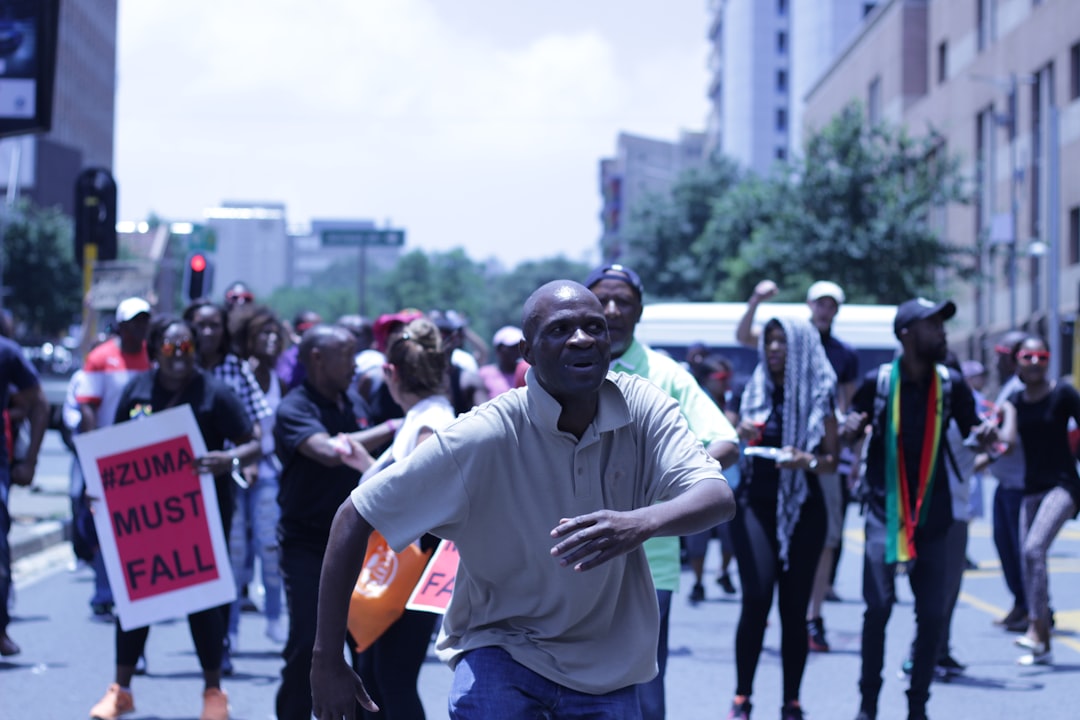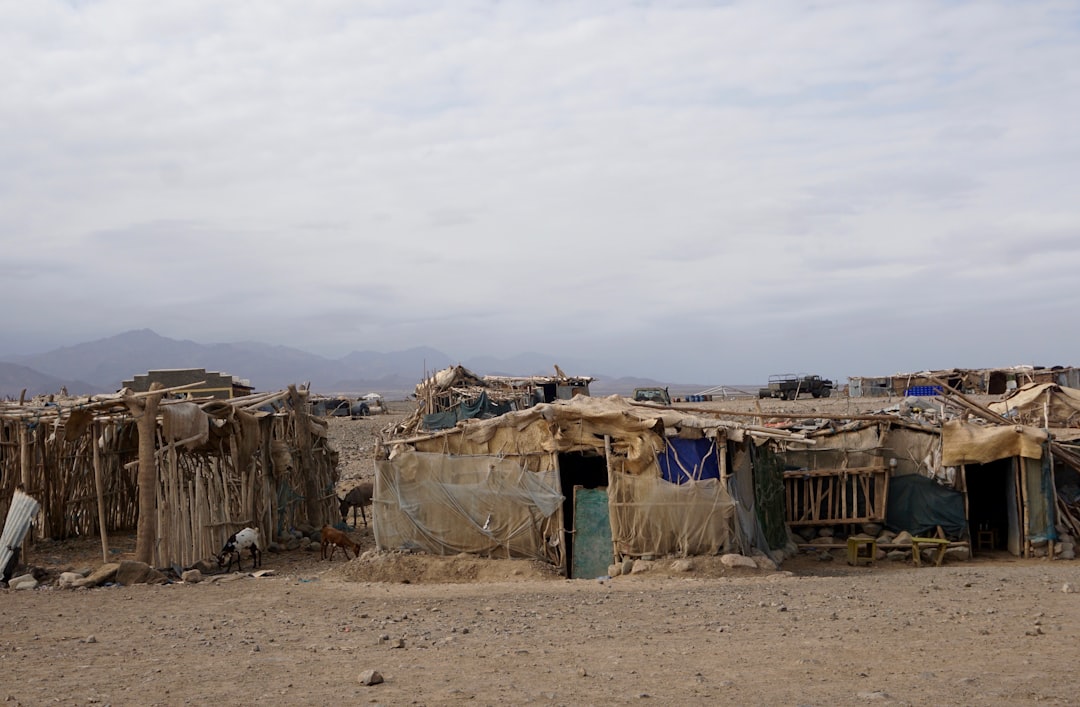What is it about?
I analyse the strategies that President Trump employed as the so-called “caravan” of migrants from Central America was heading towards the U.S.-Mexico border, in the run-up to the U.S. 2018 midterm elections. This event was a classic example of a manufactured crisis because it occurred against the backdrop of the lowest illegal immigration level in a decade, recorded in the mid-2010s, as well as a net outflow of undocumented Mexicans back to Mexico. I reveal three distinctive policy overreaction governing styles—namely, communicating in absolutes (e.g., policy overreaction rhetoric and doctrines), performing in absolutes (i.e., policy overreaction “on the ground” while at times bending the law), and challenging the rule of law or the Constitution.
Featured Image

Photo by Jørgen Håland on Unsplash
Why is it important?
My article makes three distinct contributions. First, it highlights the potential advantages offered by marrying the concept of crisis to the ideas of policy overreaction and policy style. If manufactured crises determine the range and type of policy alternatives, then a crisis overreaction policy style—a long-term preference for governing styles that structure instrument choices and design decisions in predictable fashions during (manufactured) crises—is a relevant analytical extension of the construct of policy style. Second, the article emphasises that crisis overreaction policy style has become a tool that can be used to win an election, and, in “states of exception,ˮ or when crises are the “new normal,” a common mode of governing. Third, the article highlights that the decision to opt for one overreaction style or another, or for a mix thereof, can be viewed as a risky policy investment, which, if successful, may confer tangible benefits in the form of decision making autonomy, deference, and prestige.
Perspectives
To paraphrase Thomas’ well-known conceptualisation of the “definition of the situation,” once voters define a manufactured crisis as real, it has real consequences. Manufactured crises can, therefore, be governed via ordinary instruments and resources. However, pushing them to their limits, what I refer to here as “absolute” uses, raises exciting research questions regarding how long this strategy can work and what implications it will have for the future.
Moshe Maor
Hebrew University of Jerusalem
Read the Original
This page is a summary of: Policy overreaction styles during manufactured crises, Policy & Politics, October 2020, Policy Press,
DOI: 10.1332/030557320x15894563823146.
You can read the full text:
Contributors
The following have contributed to this page










